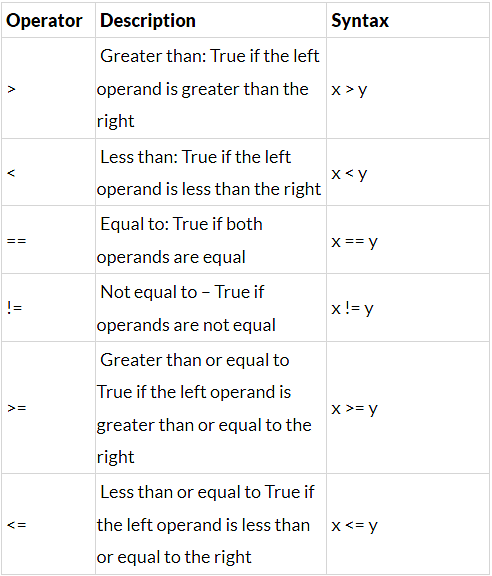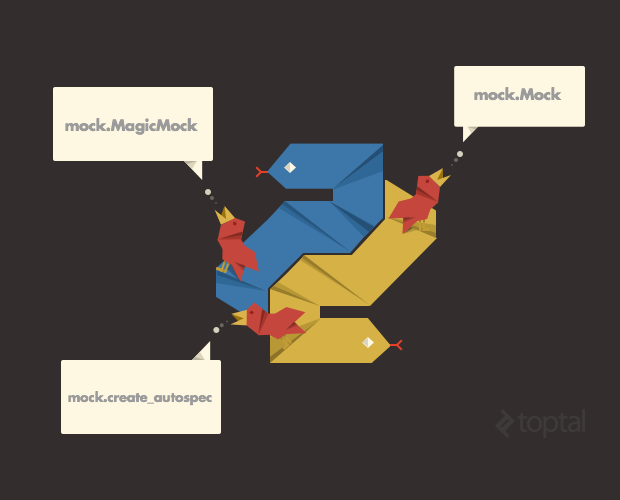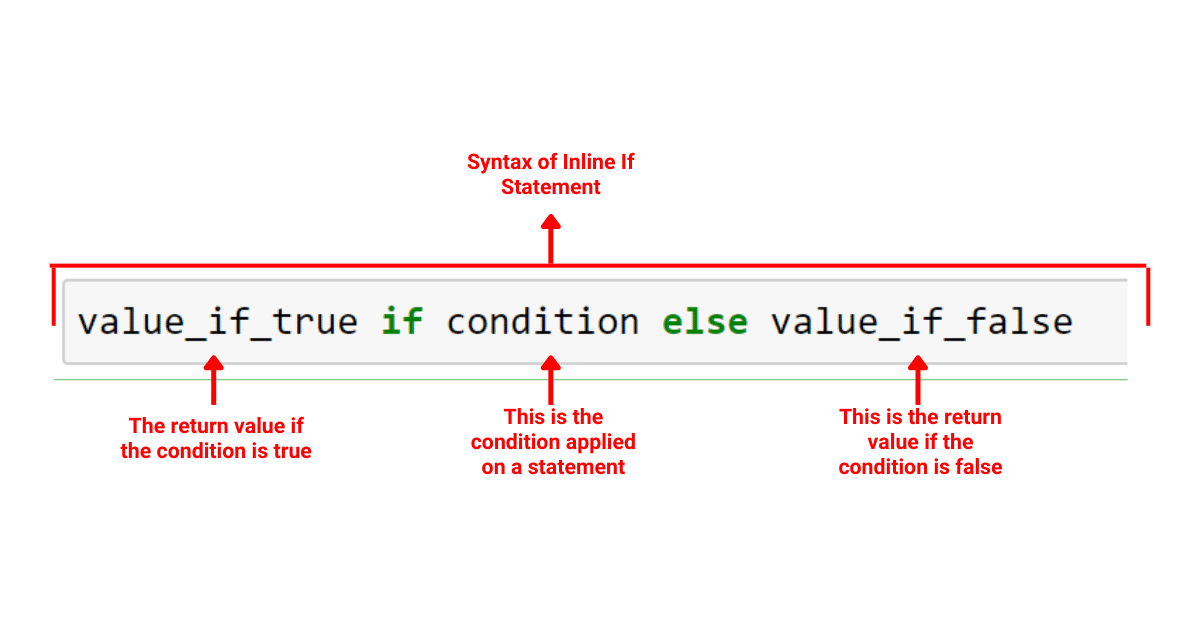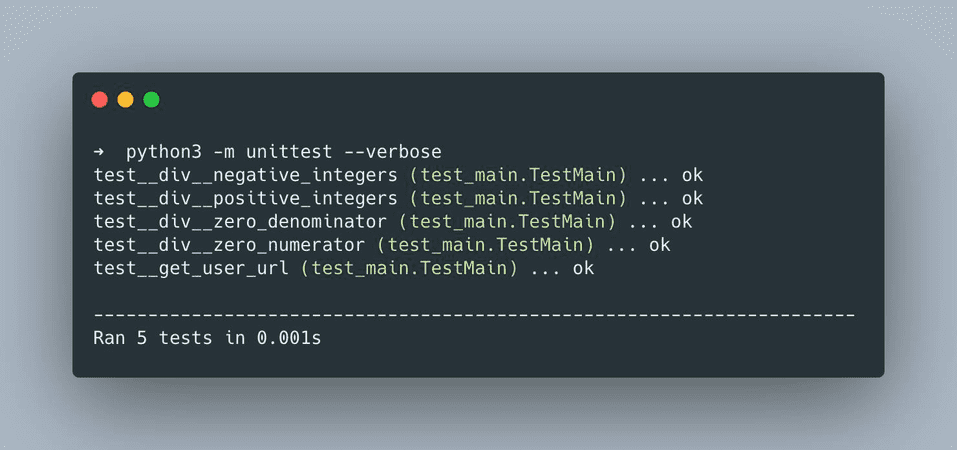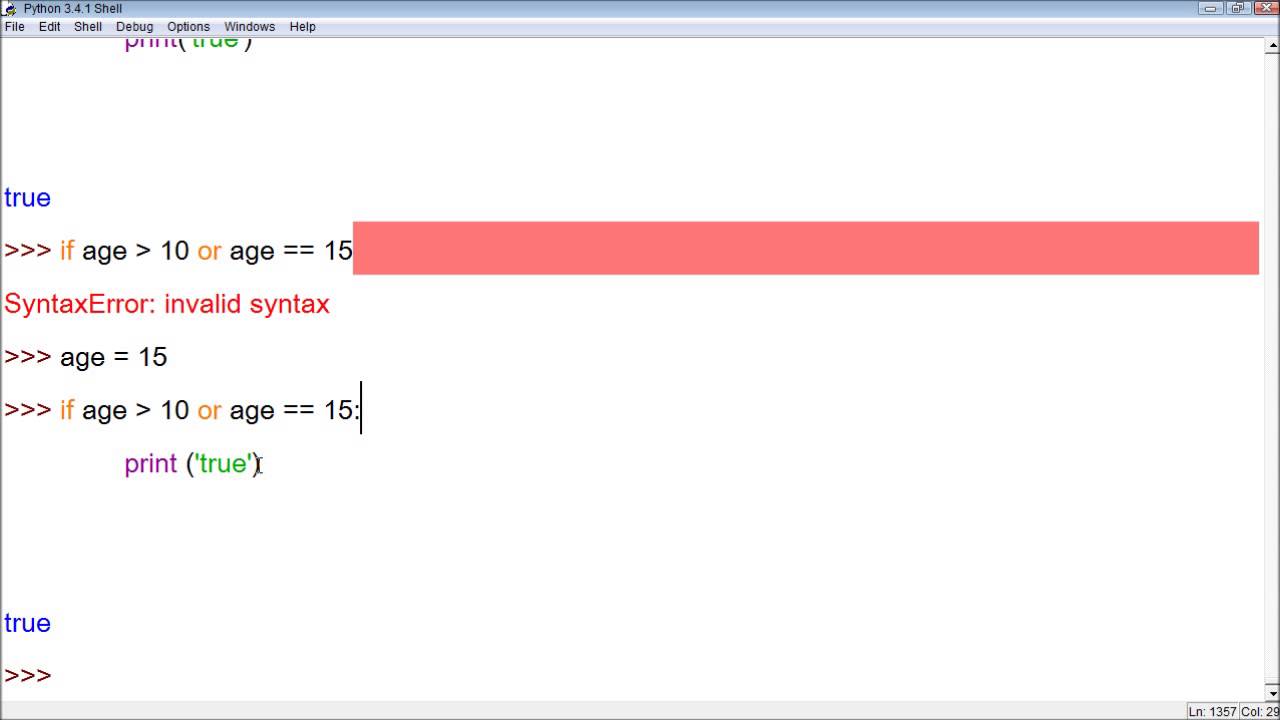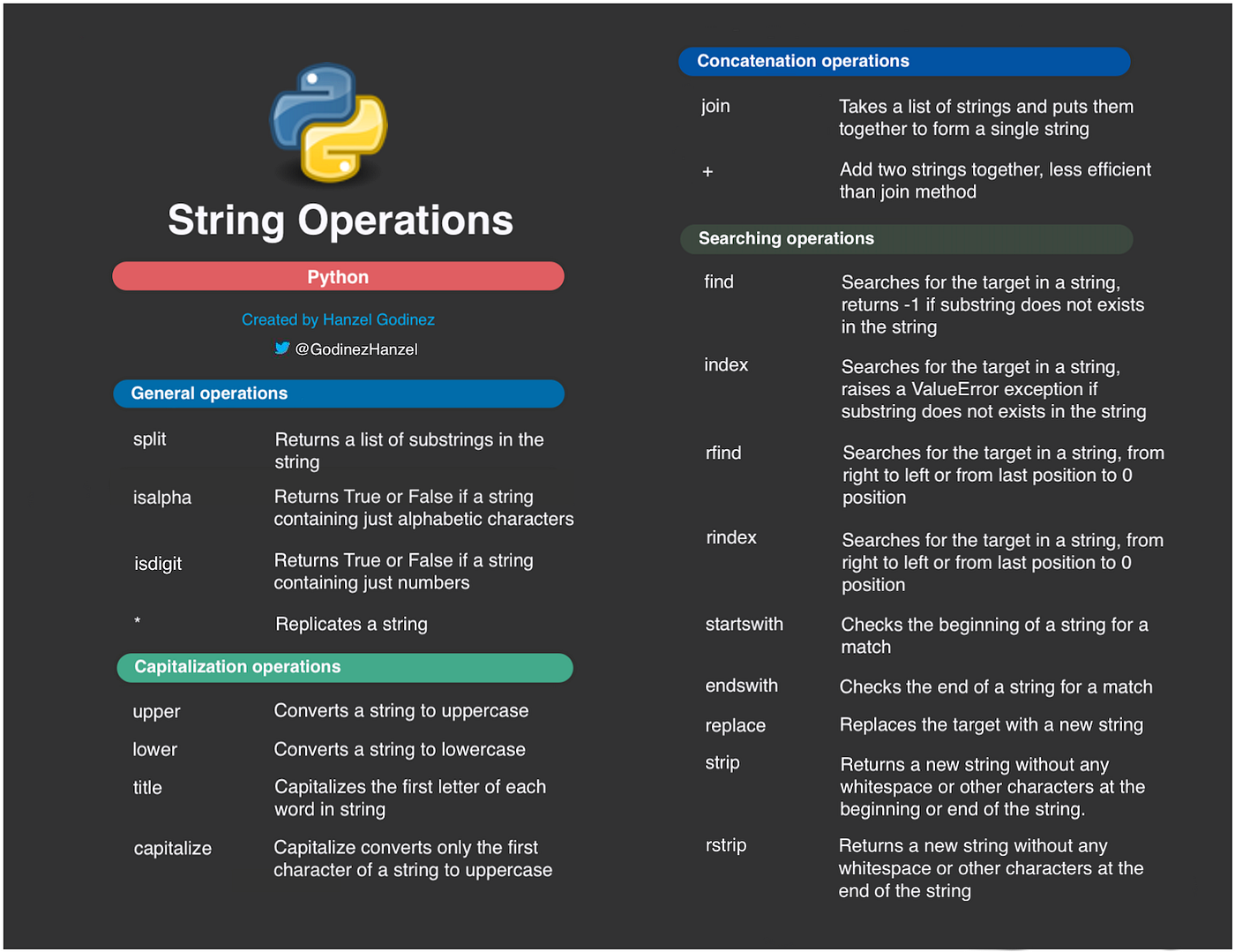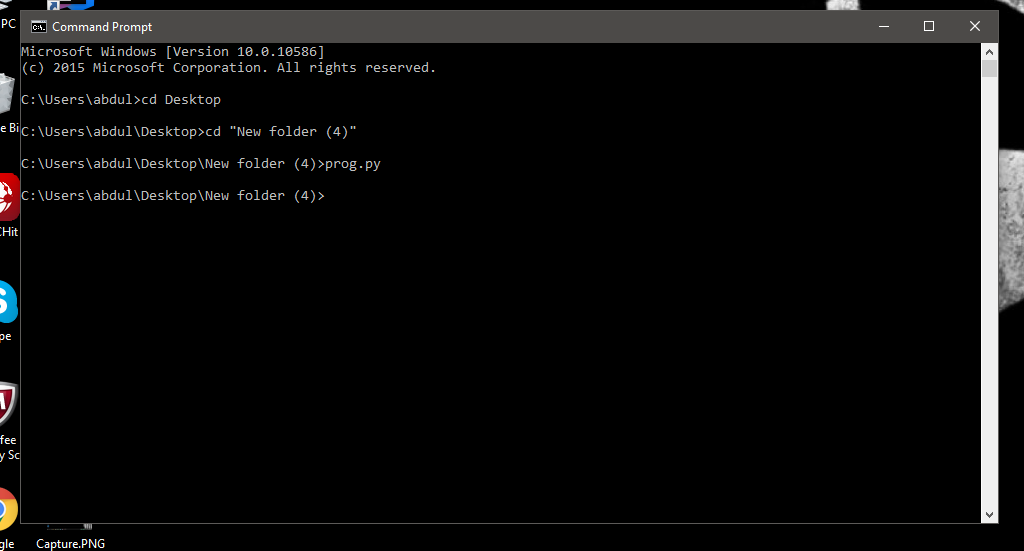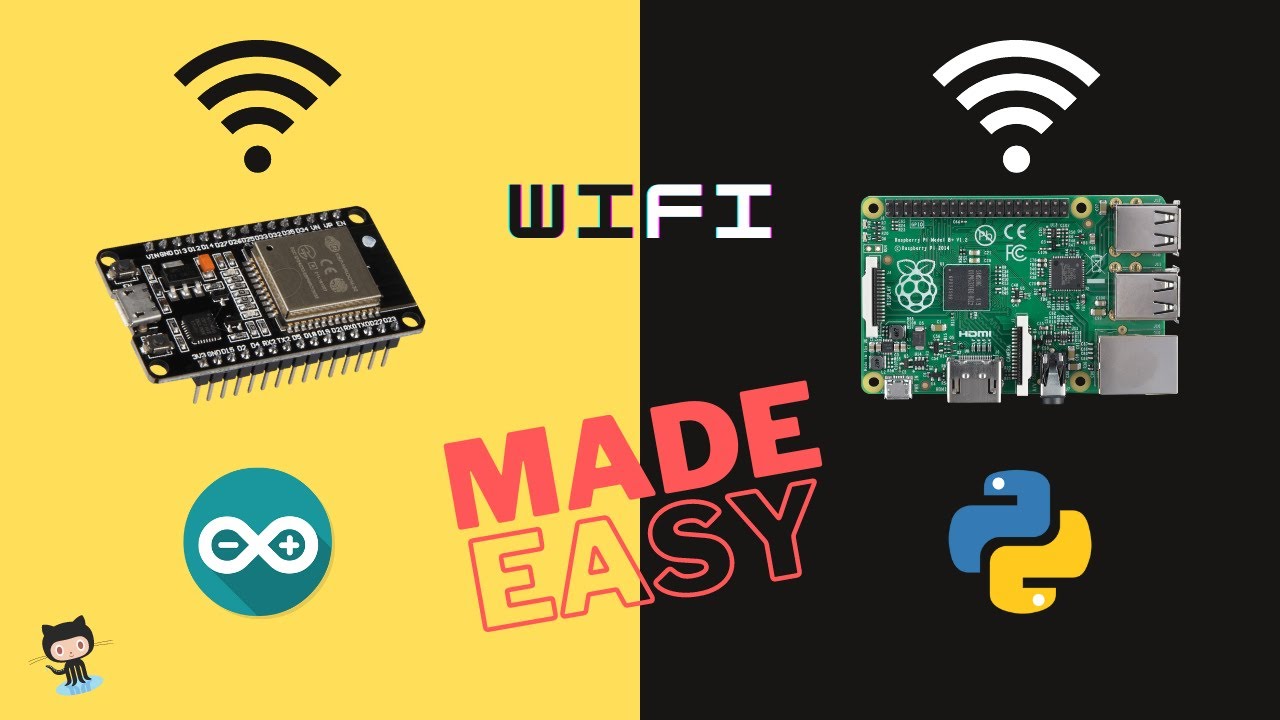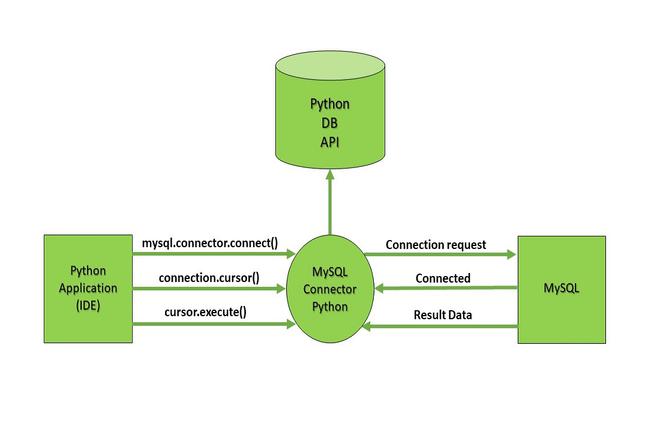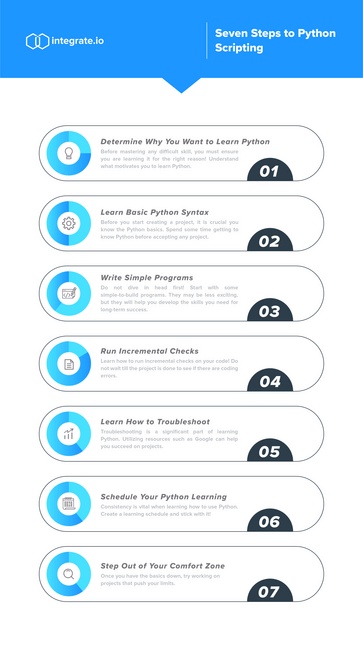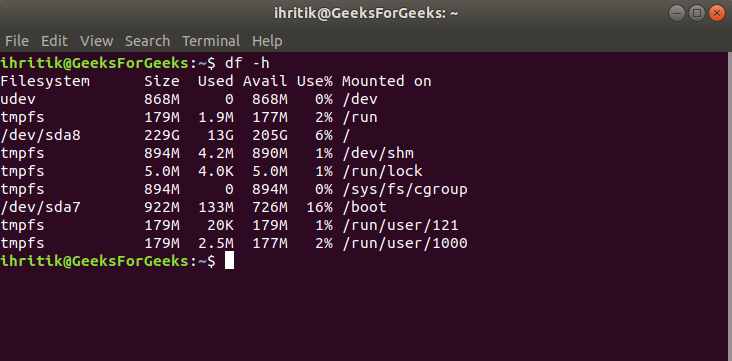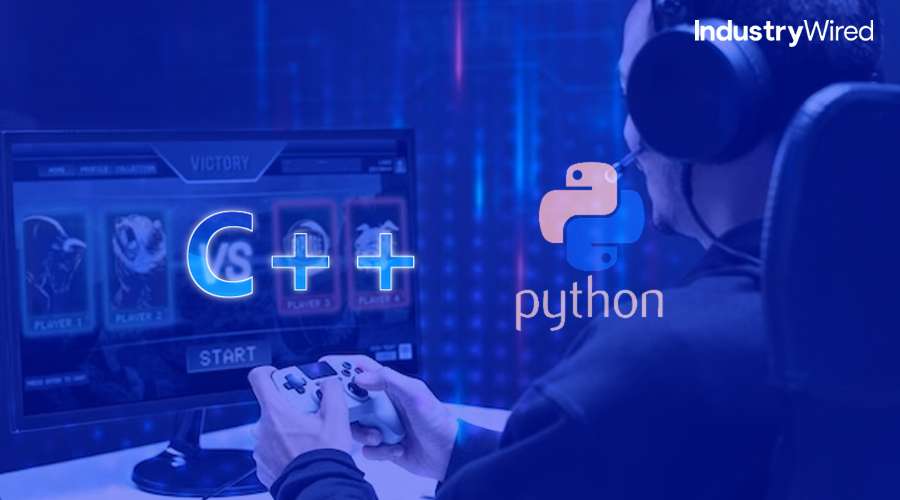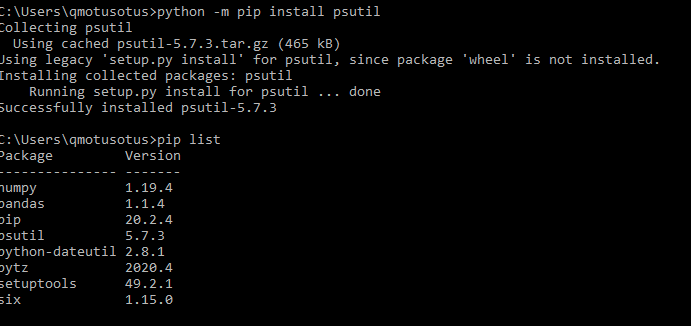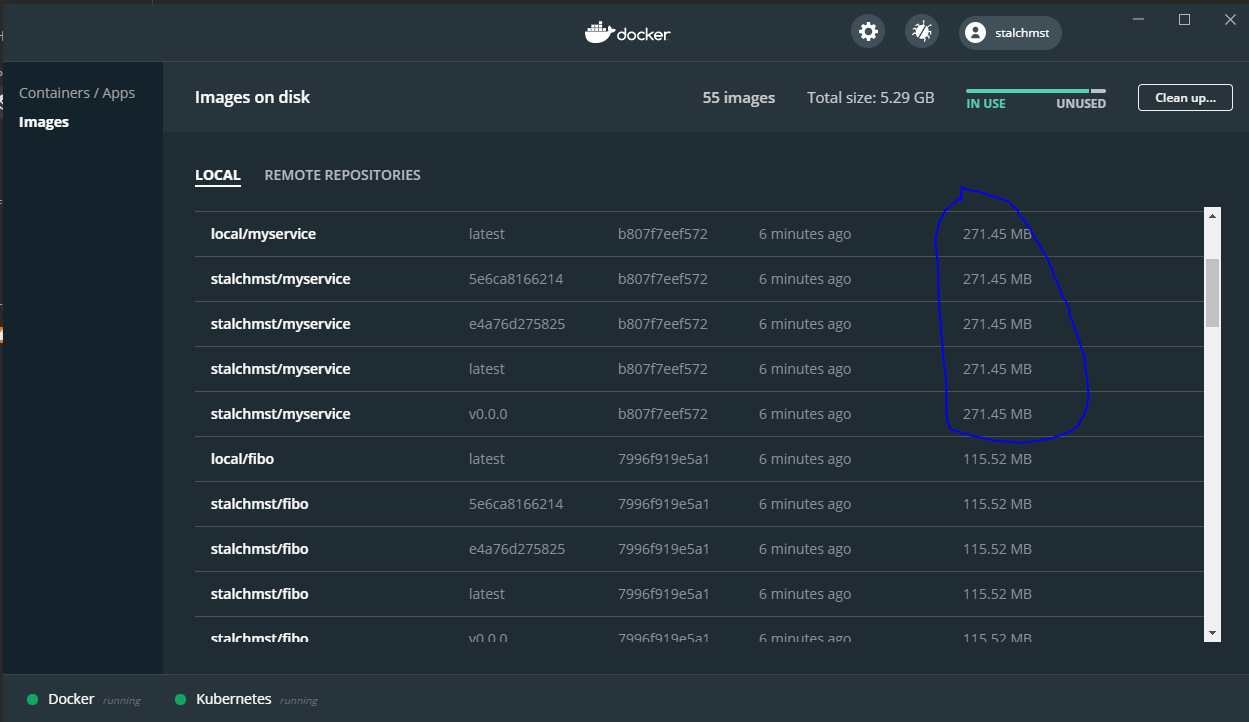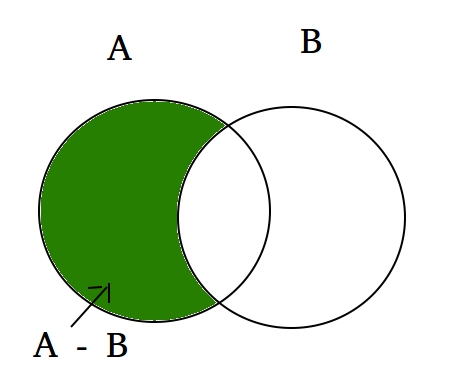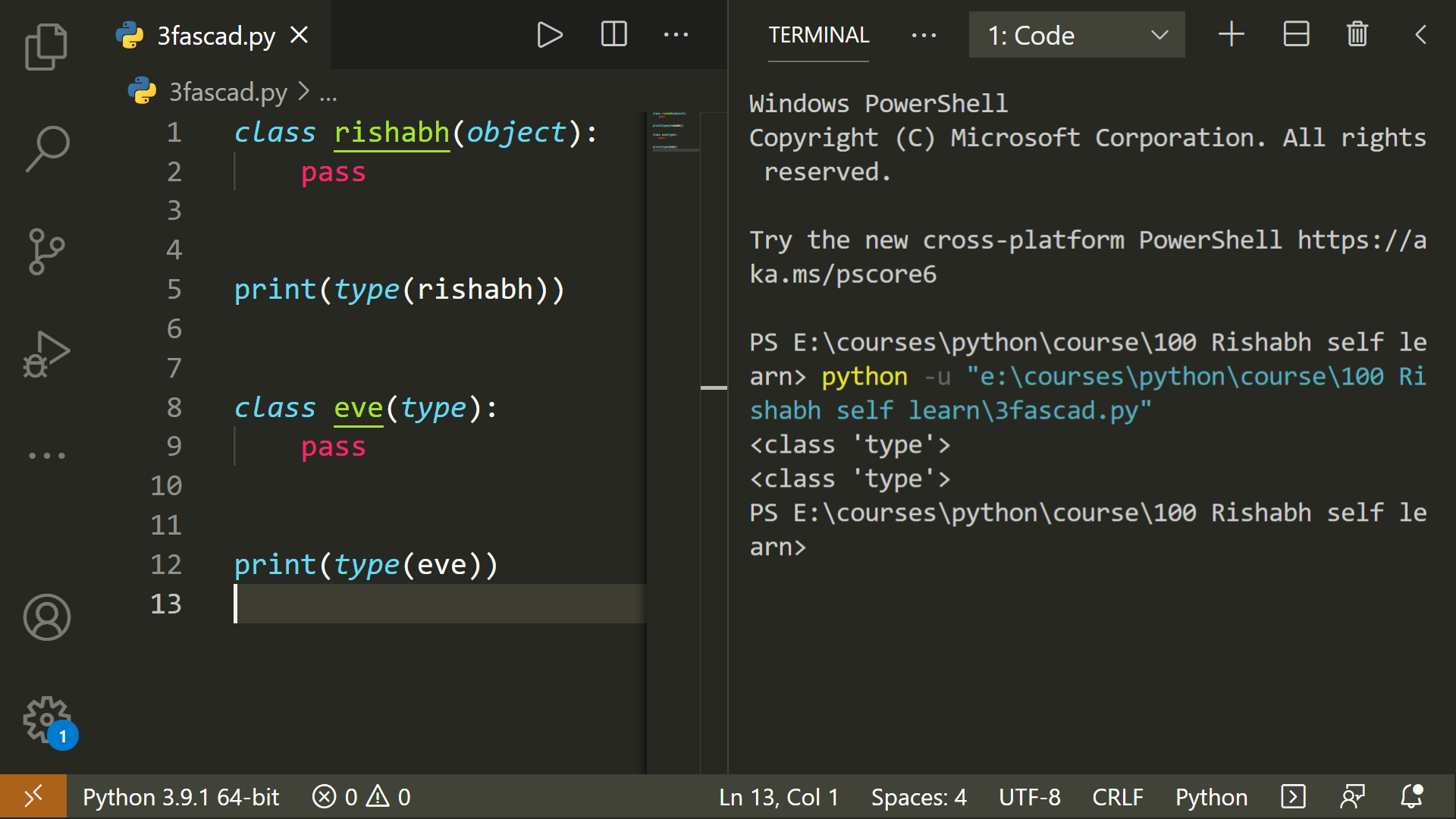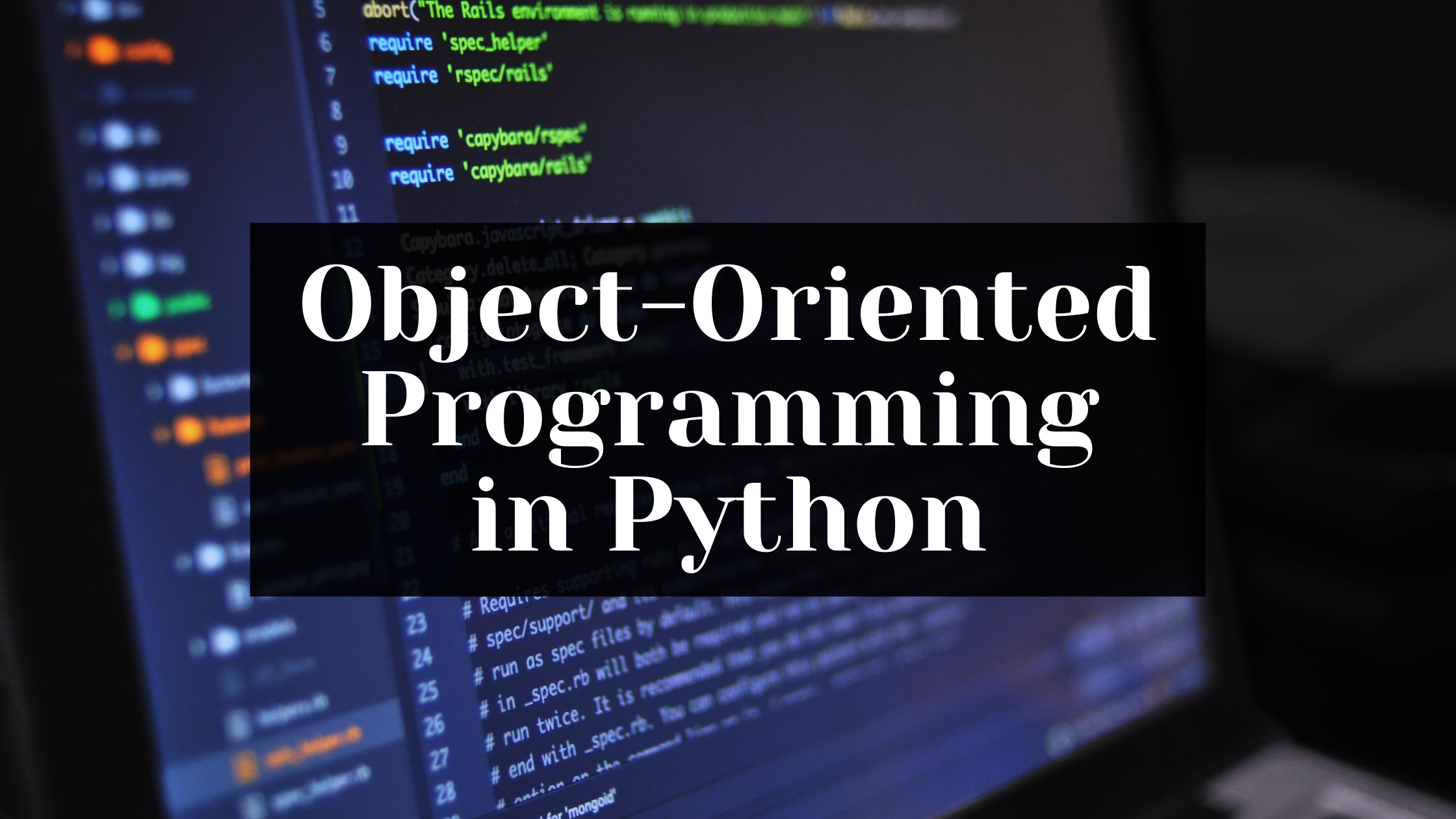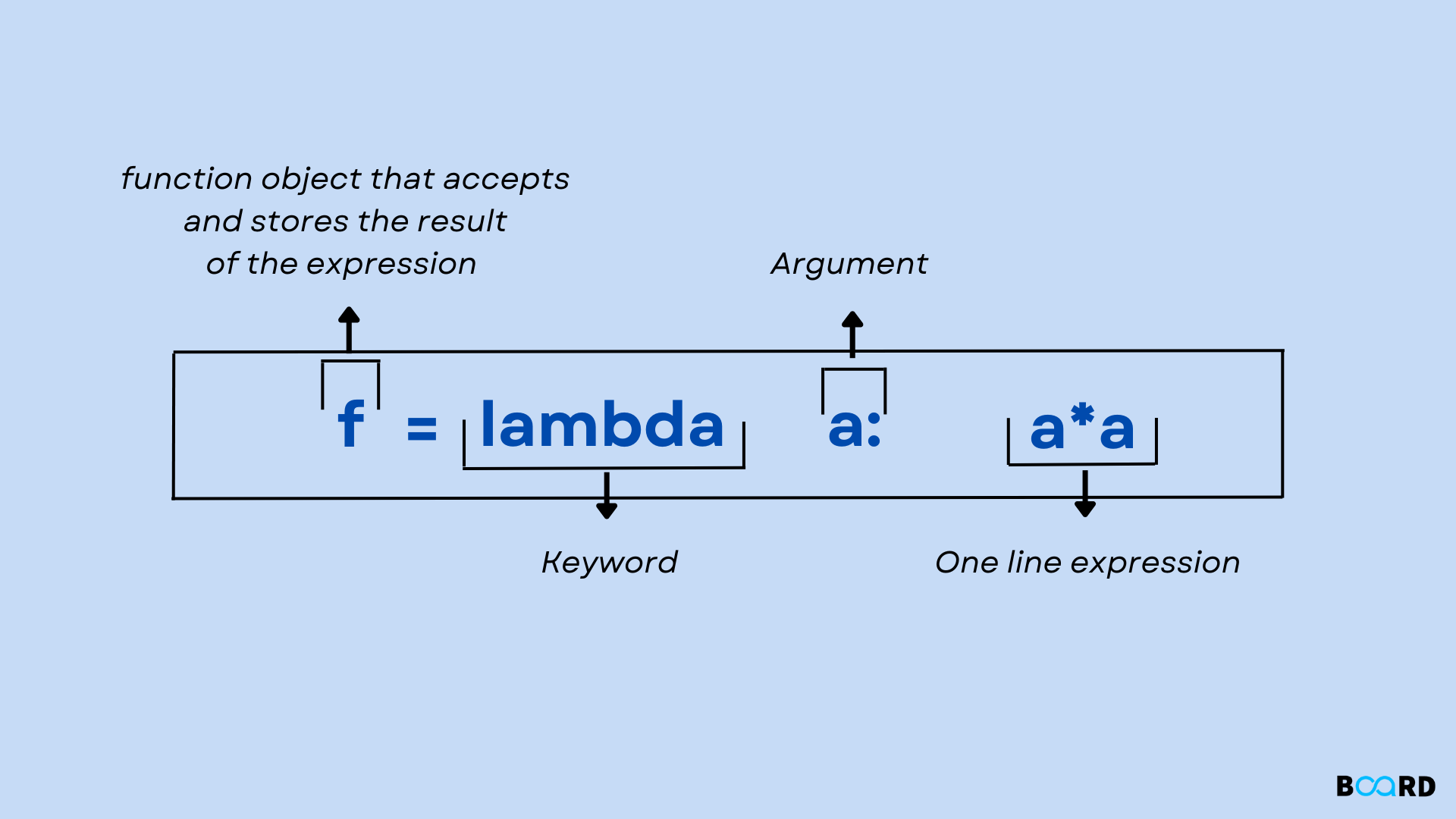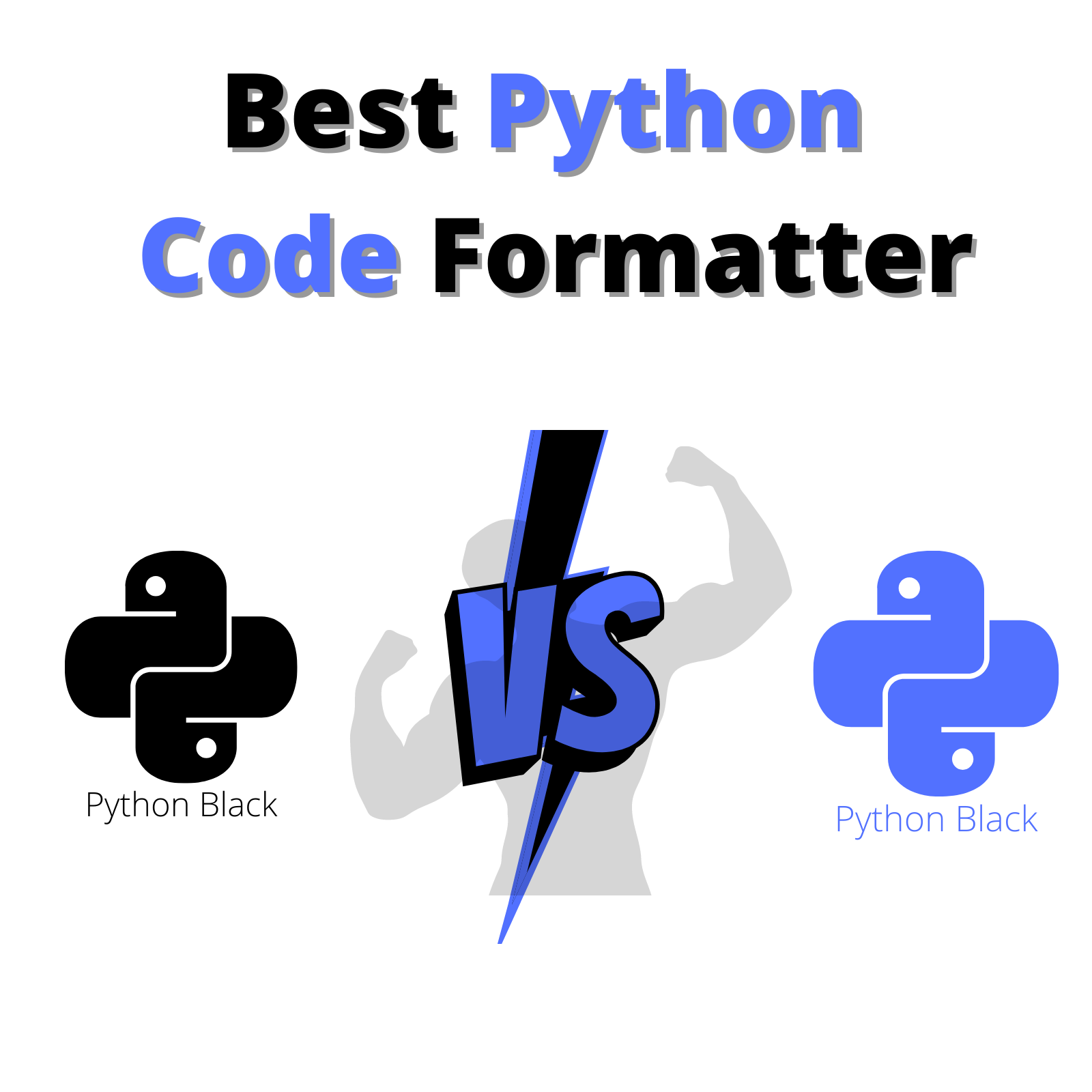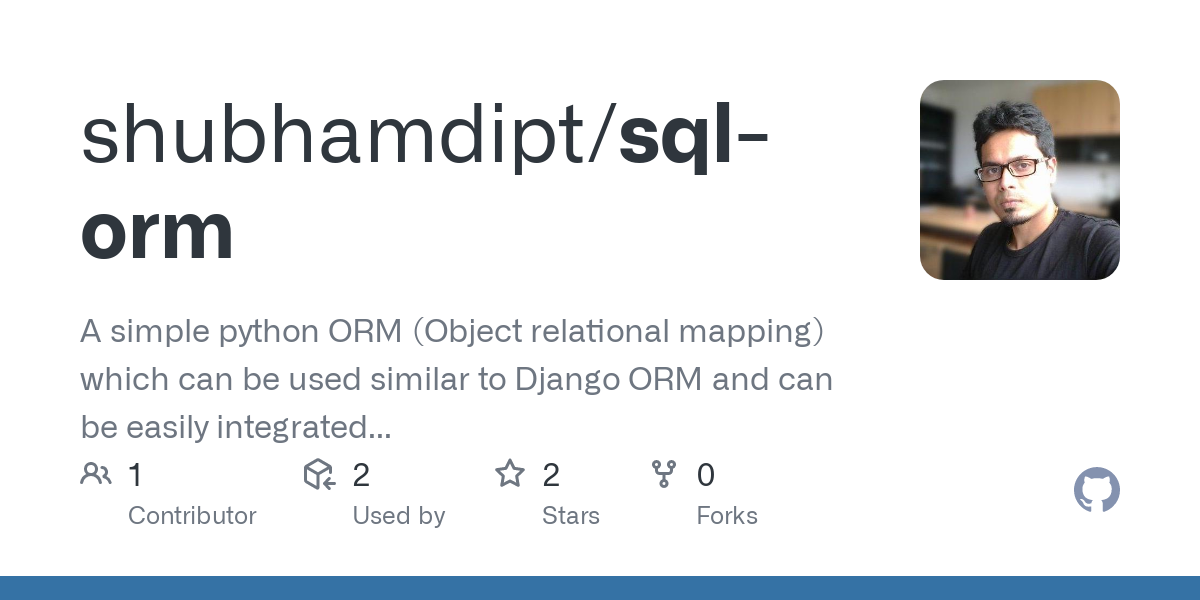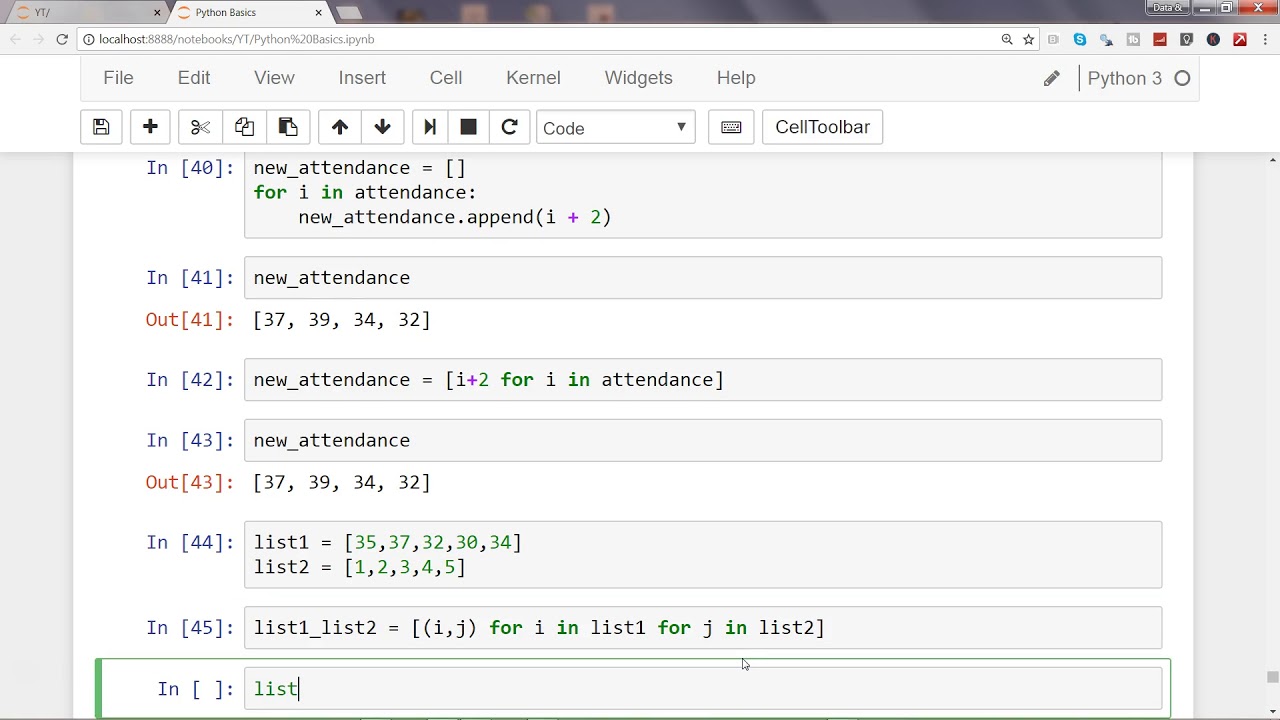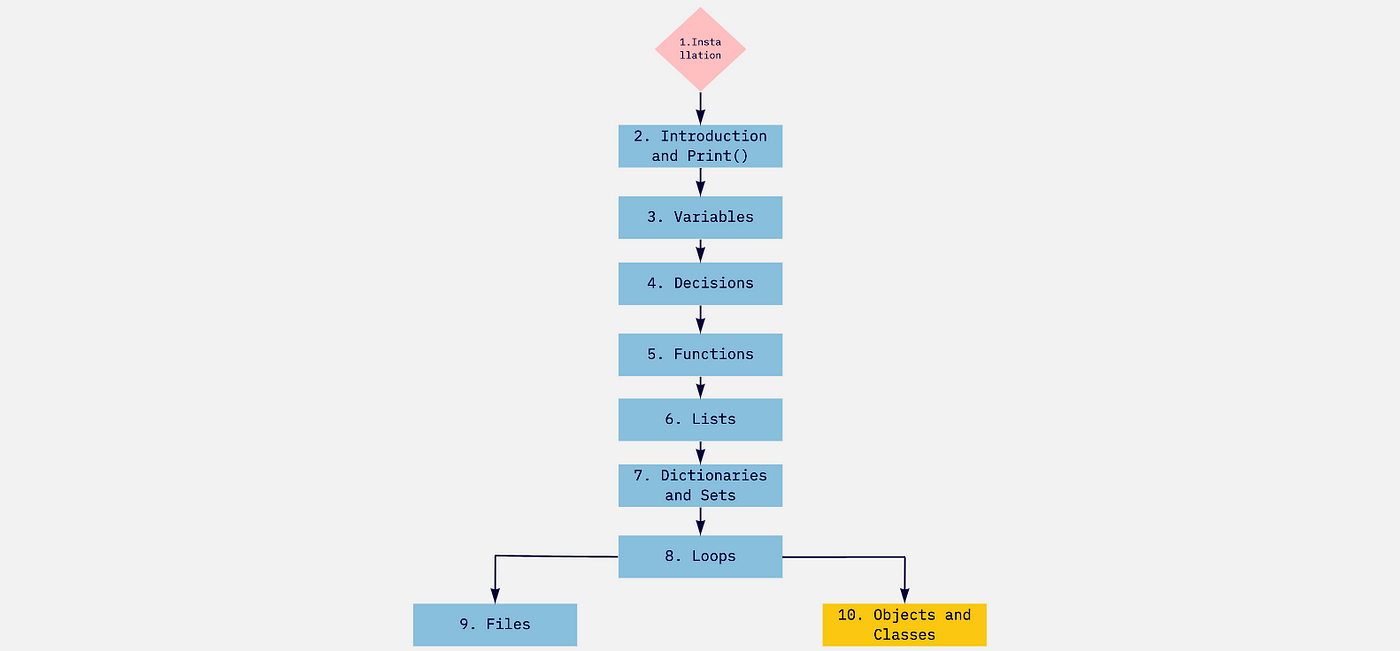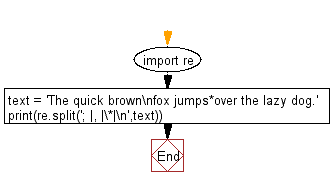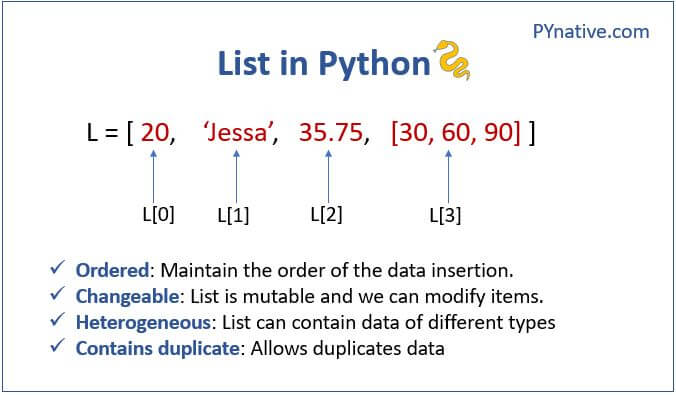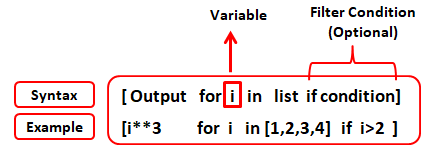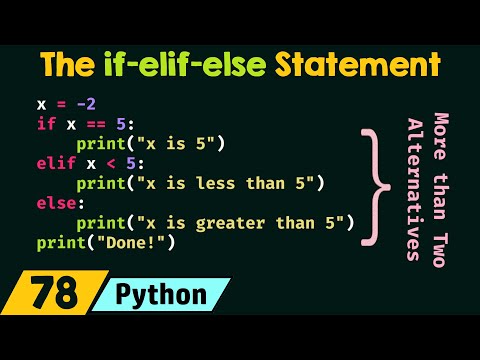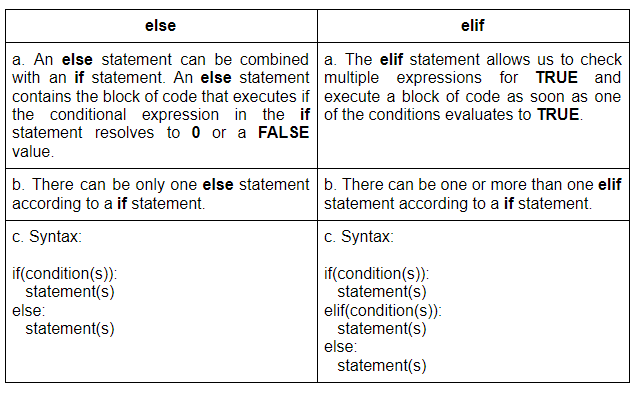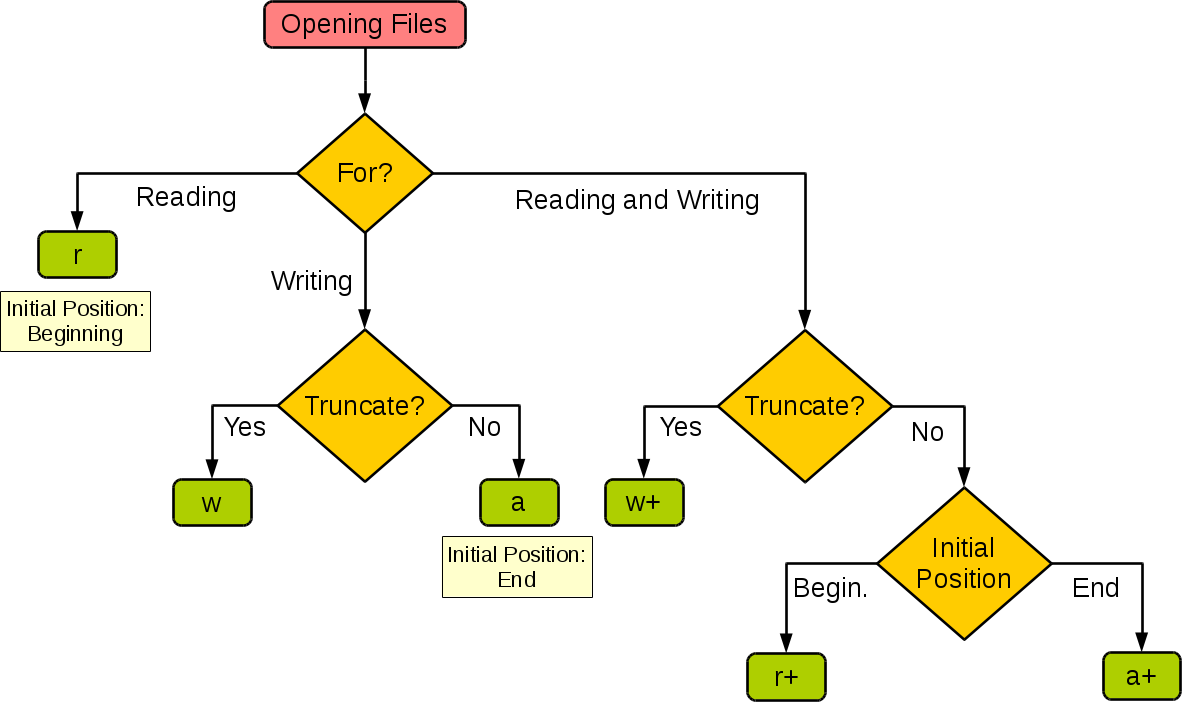How long does it take to learn Python to get a job?
How long does it take to learn Python to get a job?
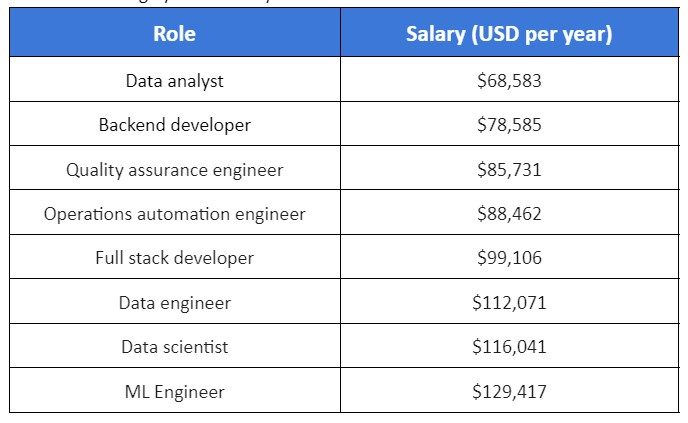
The million-dollar question! The time it takes to learn Python and get a job can vary depending on several factors, including your background, dedication, and career goals. However, I'll provide you with some general insights to help you plan your learning journey.
Basic understanding of programming concepts: If you're new to programming, it's essential to start by grasping the fundamental principles, such as data structures, control flow, functions, and object-oriented programming. This can take around 1-3 months, depending on how much time you dedicate to learning each week.
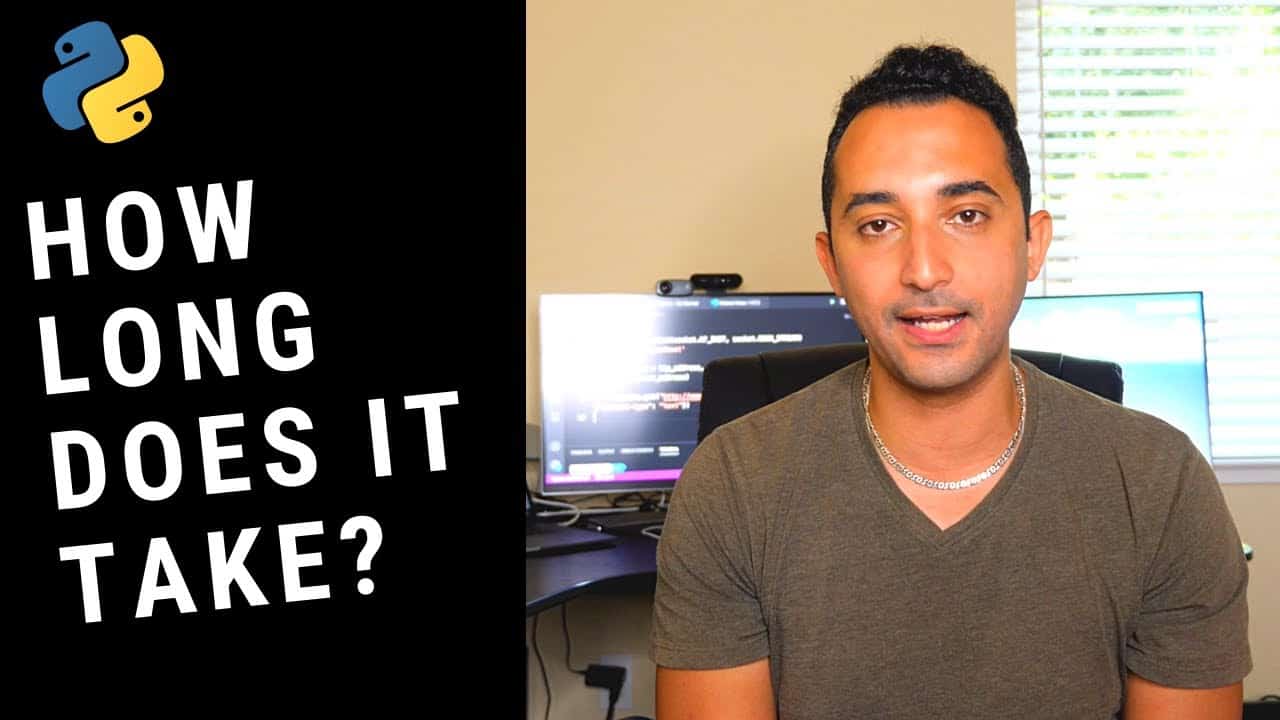
Python basics: Once you have a solid understanding of programming concepts, you can focus on learning Python specifically. You'll need to learn the syntax, data types, control structures, functions, and modules in Python. This stage typically takes around 2-6 months, with daily or weekly practice.
Practical projects: After gaining a good grasp of Python basics, it's time to put your skills into practice by working on real-world projects. This will help you develop problem-solving skills, learn from mistakes, and improve your coding efficiency. Allocate at least 3-6 months for this phase, depending on the complexity of your projects.
Job preparation: To increase your chances of landing a job, focus on developing skills that are in high demand by employers. These include:
Data analysis and visualization using libraries like Pandas, NumPy, Matplotlib, and Seaborn. Web development using frameworks like Flask or Django. Machine learning and AI using scikit-learn, TensorFlow, or Keras. Automation and scripting using Python's built-in modules.Allow 3-6 months for this stage, depending on the depth of your knowledge in these areas.
Job opportunities: With a solid foundation in Python and relevant skills, you can start applying for entry-level positions, such as junior data analyst, data scientist, or software engineer. Depending on the company and industry, job availability may vary. In general, it's common to see job openings in:
Data science and analytics Software development Automation and scripting Research and academiaTimeline: Considering the above factors, here's a rough estimate of the time it takes to learn Python and get a job:
Basic understanding of programming concepts: 1-3 months Python basics: 2-6 months Practical projects: 3-6 months Job preparation: 3-6 monthsTotal estimated time: 9-24 months (0.75-2 years)
Keep in mind that this is just a rough estimate, and the actual time it takes will depend on your individual circumstances, dedication, and career goals.
Remember, learning Python is a continuous process. The more you practice, the better you'll become. Stay motivated, keep learning, and don't be afraid to ask for help or seek guidance from experienced professionals. Good luck!
How long does it take to learn fluent Python?
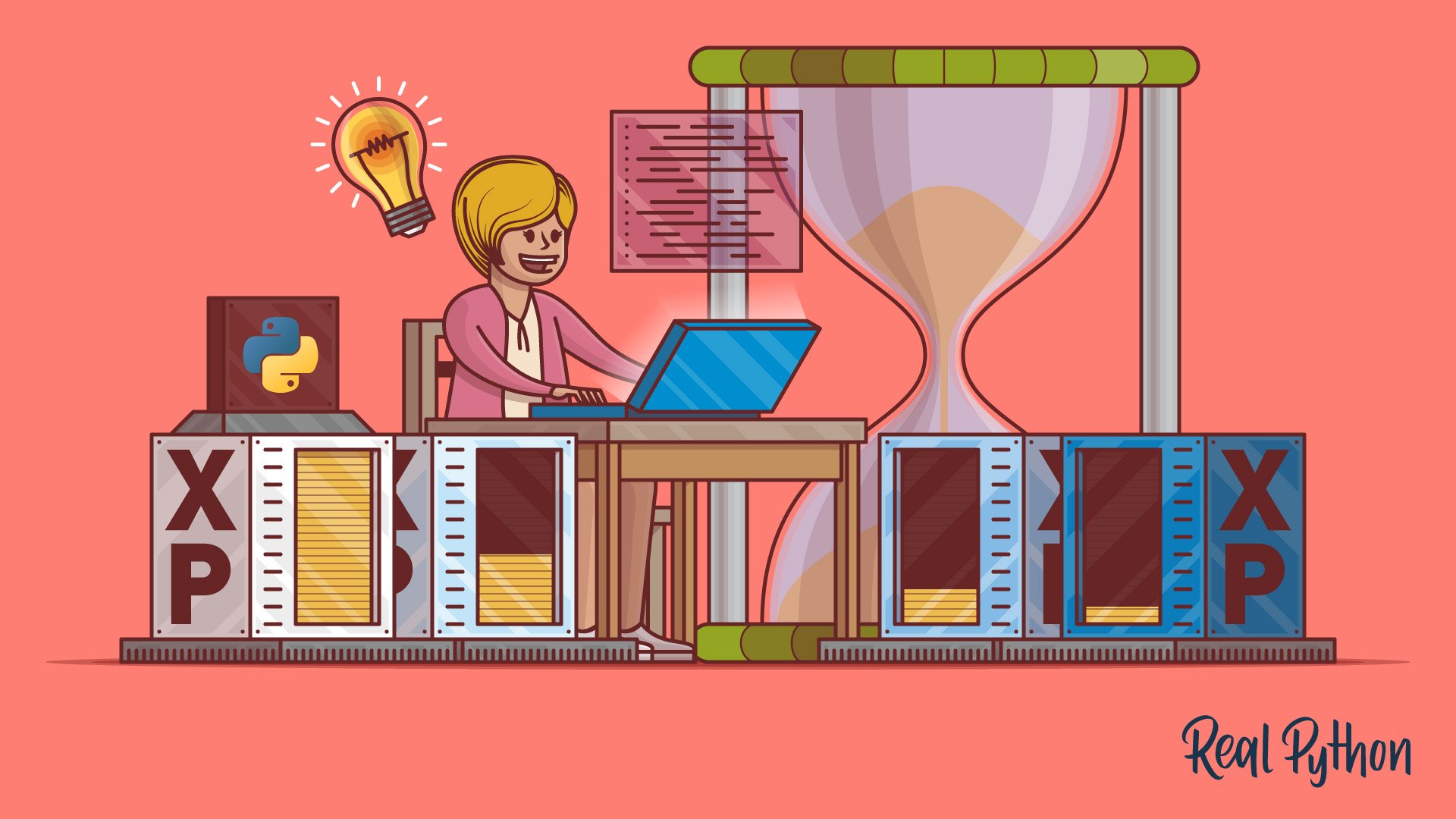
Learning a programming language takes time and dedication, regardless of whether you choose Python or any other programming language. However, the amount of time it takes to become proficient in Python depends on several factors.
Assuming you are new to programming, here's a rough estimate of the time it may take to reach different levels of proficiency:
Basic understanding: 1-3 months - You can learn the basics of Python programming, such as data types, control structures, functions, and object-oriented programming. With this level of understanding, you'll be able to write simple scripts and automate tasks. Intermediate skills: 6-12 months - At this level, you'll focus on more advanced concepts like file I/O, exceptions, decorators, and unit testing. You'll also learn how to work with popular libraries and frameworks such as NumPy, Pandas, Flask, or Django.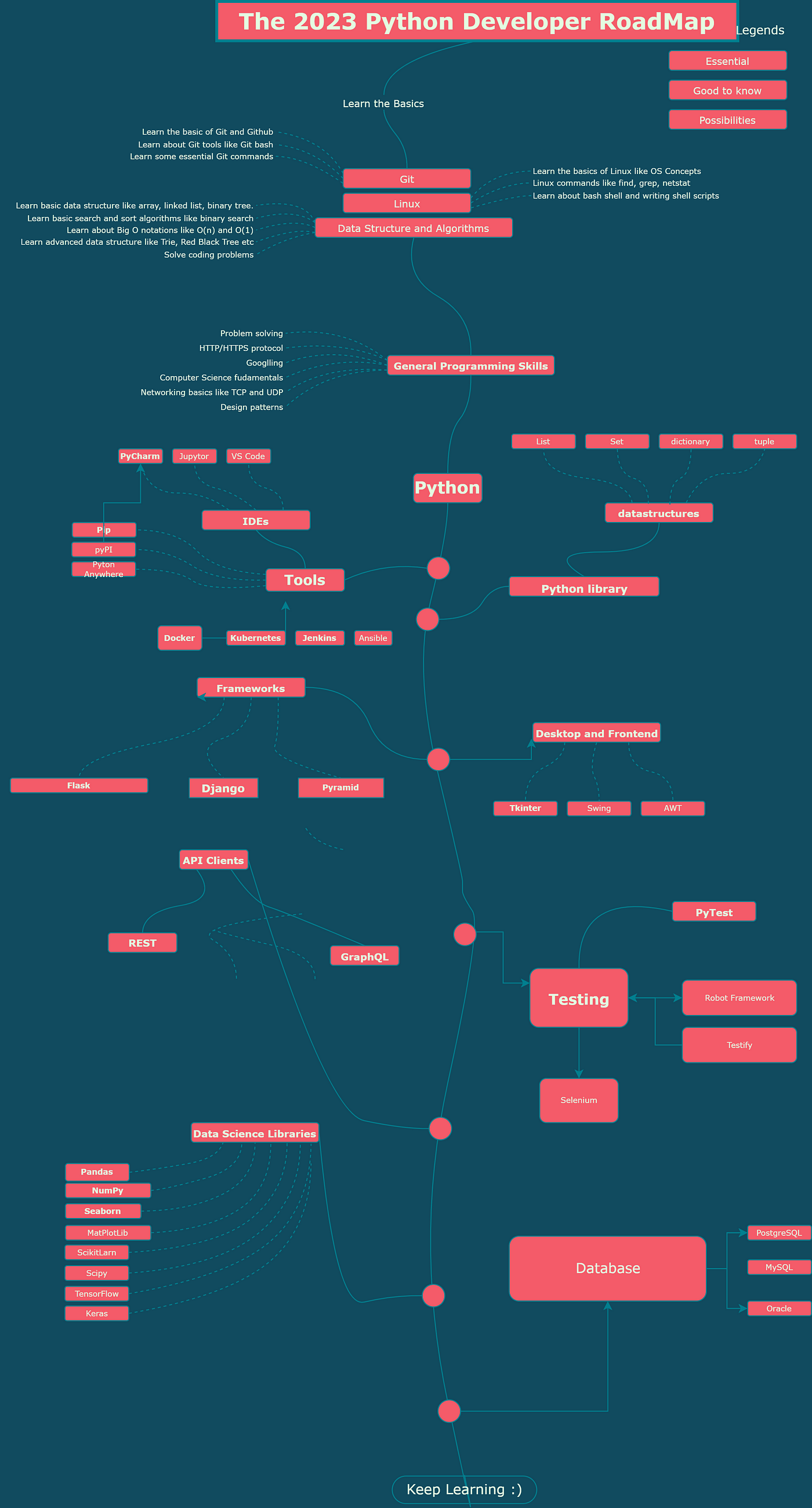
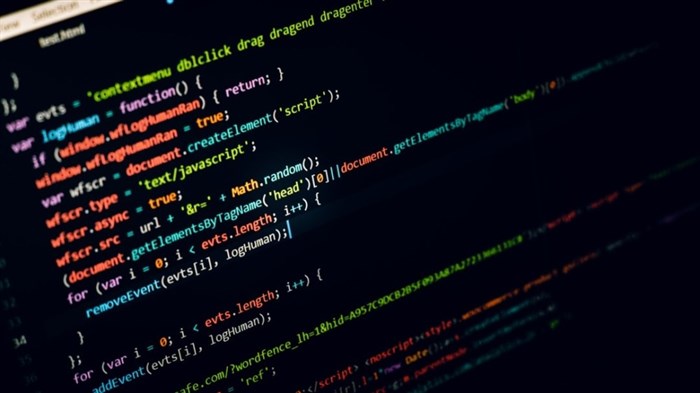
Keep in mind that these timeframes are approximate and may vary depending on your background, the frequency of practice, and the amount of effort you put into learning. It's also important to note that programming is a continuous learning process, and there is always room for improvement, regardless of your level of proficiency.
Here are some tips to help you learn Python faster:
Set aside dedicated time each day or week to practice coding. Start with simple projects and gradually move on to more complex ones. Join online communities like Reddit's r/learnpython, Stack Overflow, or GitHub to connect with other programmers and get feedback on your code. Read books, articles, and blog posts to expand your knowledge of Python and its ecosystem. Participate in coding challenges, hackathons, or competitions to improve your problem-solving skills. Take online courses, attend meetups, or watch video tutorials to gain new insights and stay motivated.Remember that learning a programming language is a long-term process. Be patient, persistent, and enjoy the journey!
